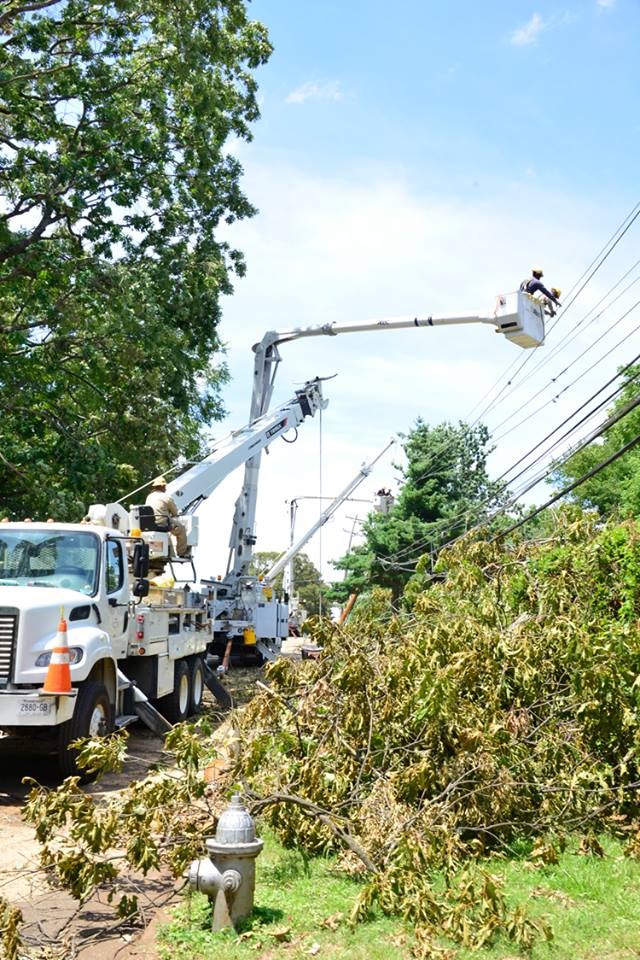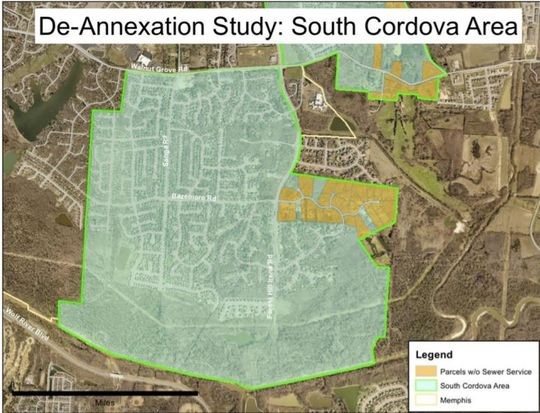
As Memphis Light, Gas, and Water (MLGW) prepares to return to the Memphis City Council next week to again make its case for rate increases, the utility is beefing up its public engagement efforts.
MLGW’s president and CEO J.T. Young is scheduled to host a Facebook Live chat Tuesday (today) at 1 p.m. to answer questions and address concerns the public might have about rate increases or system upgrades.
Questions for Young can be submitted via Twitter, Facebook, and Nextdoor.
The utility is also holding a series of town hall meetings this week to inform customers about the rate changes, infrastructure, and the “truth about MLGW outages.”
[pullquote-1]
“Because of the nature of media reports, you may only get a 30-second sound bite about MLGW news,” reads a flyer about the meetings. “Quite frankly, that’s not enough time to talk about some complex issues surrounding how we deliver power to your home or why the infrastructure, most of which was installed in the 1950s, is in need of an overhaul.”
The first of four meetings was held Monday at the Bert Ferguson Community Center. There, customers were told that the increases for water, gas, and electric rates total 6.8 percent over five years, or about an additional $11.54 per month for customers. The additional funds would get MLGW infrastructure “where it needs to be,” Young said.
Attendees were also told that MLGW has aging infrastructure and “downward-trending electric reliability.” Therefore, the utility is looking to implement a five-year reliability improvement plan funded by rate increases. The plan includes increased tree trimming, as untrimmed trees are the primary cause of power outages. It would also make improvements to the utility’s distribution automation and water-pumping station, as well as replace substation equipment, poles, and cables.
Under the plan, the utility could also implement gas regulatory initiatives, build a new north community office, and construct new wells.
The remaining meetings are slated for:
• Tuesday, February 12th, 6 p.m. at the Glenview Community Center
• Wednesday February 13th, 6 p.m. at the Ed Rice Community Center
• Friday February 15th, 5 p.m. at the Whitehaven Community Center
MLGW Explains Need for Rate Increases, Infrastructure Improvements
This public outreach from the utility comes as the city council continues to delay approving the rate increases, which were first presented to them in December.
Last week the council voted 5-5 on the proposed gas rate increase before delaying the votes on hikes to the water and electric rates for another two weeks.
The numbers proposed to the council differ from those presented at Monday’s town hall meeting. Last week the council discussed a total increase of 10.5 percent over five years, rather than the 6.8 percent increase discussed at the public meeting.
Against the increases were council members Gerre Currie, J Ford Canale, Frank Colvett Jr., Cheyenne Johnson, Jamita Swearengen, Berlin Boyd, and Sherman Greer.
Boyd said last week that MLGW has to find other ways to finance improvements to infrastructure. Boyd, echoed by Canale, pushed the idea of MLGW switching from TVA as a power source to a cheaper option or for TVA to lower its prices to become more competitive. This way the utility could use the money that would be saved to fund infrastructure improvements, Boyd said.
[pullquote-2]
Young explained that ending MLGW’s contract with TVA requires a five year notice and that the potential savings from switching aren’t a guarantee.
Meanwhile, Jones and Robinson contending that something has to be done to improve the infrastructure, pushed for their colleagues to support the hikes.
Jones said the council is in its current position because of past councils’ inability to pass rate increases.
“Deferred maintenance does not go away,” Jones said. “So all that we are doing is postponing this, pushing it down the road, and just requiring a greater rate increase on the same rate payers that we are concerned about now by not taking any action.”
The council will vote on electric and water rate hikes at its February-19th meeting next week. The council could also reconsider its vote on a gas rate increase then.
Tune in to MLGW’s Facebook Live session at 1 p.m. for more information about the utility’s proposals.

 MLGW
MLGW  Maya Smith
Maya Smith  MLGW
MLGW 
 Maya Smith
Maya Smith 
